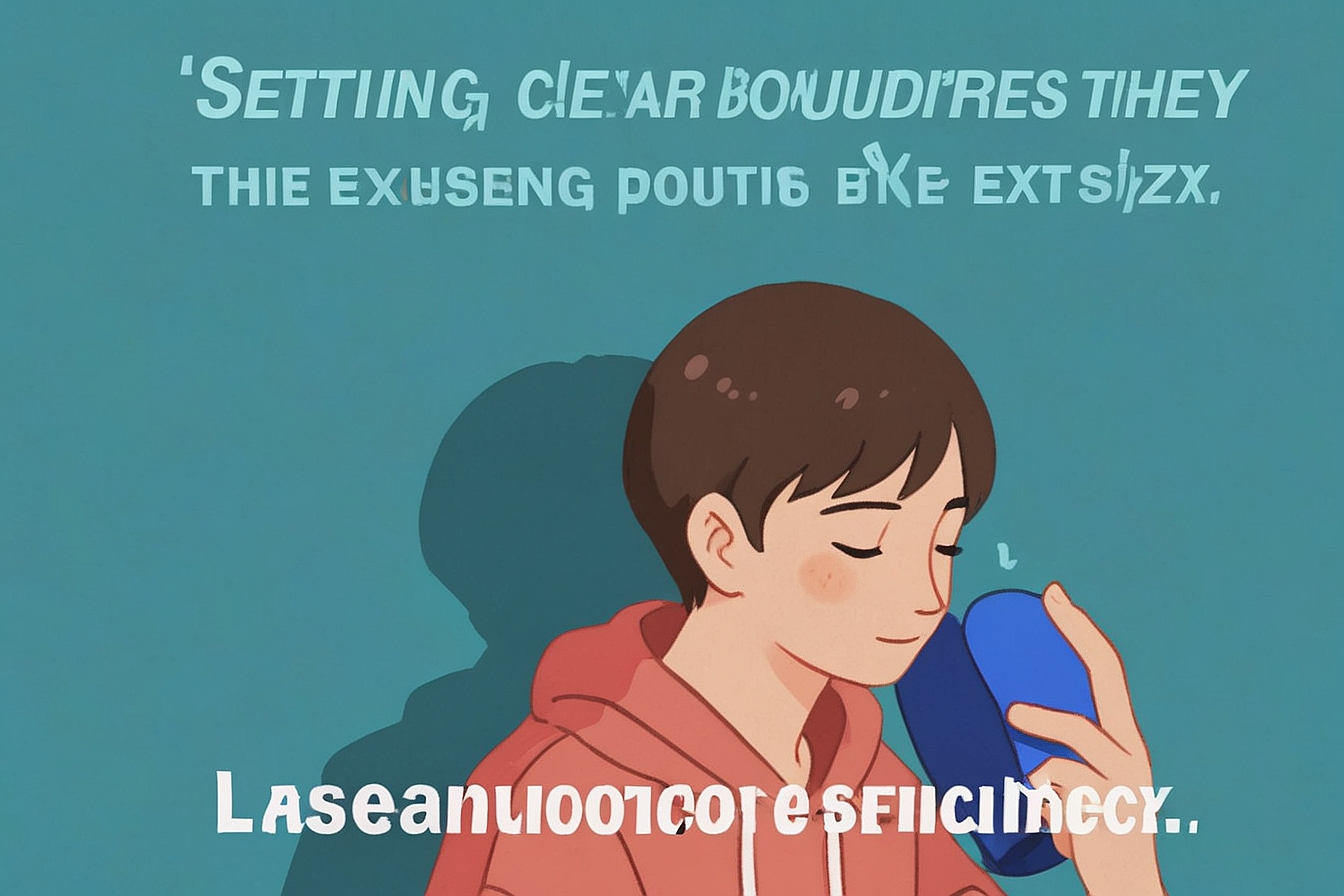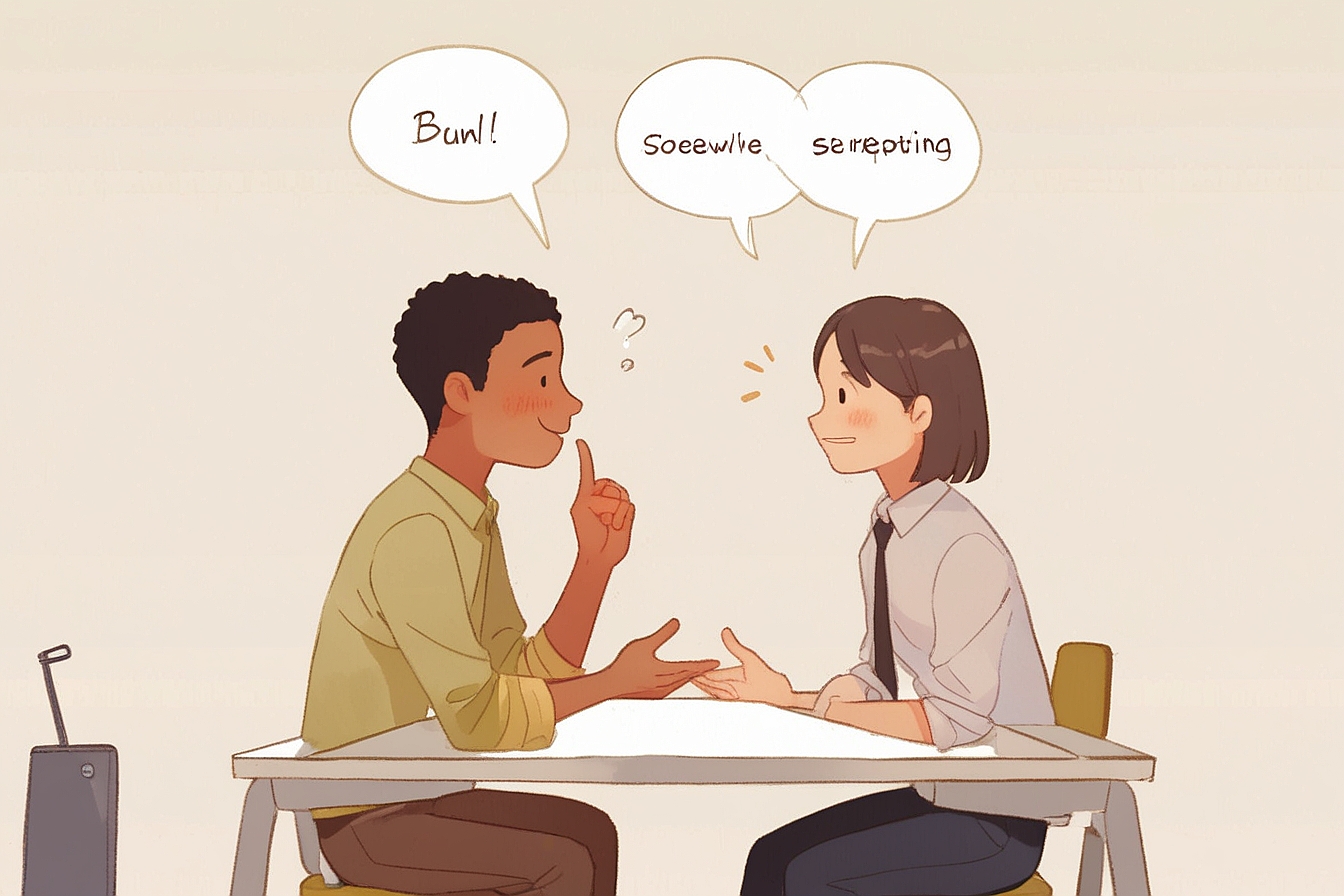Have you ever stared at your phone, wondering if you should text your ex “Happy Birthday” or if it’s crossing a line? Breakups can be tough, leaving you with a mix of feelings: sadness, anger, confusion, and maybe even a little bit of hope. Sometimes, despite the relationship ending, you might still care about your ex and wonder if staying friends is possible.
It’s normal to feel this way! After all, this person was a big part of your life, and you shared memories, inside jokes, and maybe even dreams for the future. But before you jump into a new friendship with your ex-partner, let’s take a deep breath and think it through.
Is being friends with an ex always a good idea? How do you know if it’s the right choice for you?
This post will help you figure out the answers. We’ll explore the ups and downs of remaining friends with an ex, how to set healthy boundaries, and how to navigate the sometimes tricky waters of post-breakup friendships.
Understanding the Decision to Be Friends with an Ex

Before you send that “Hey, how are you?” text, take some time to understand why you want to be friends with your ex. It’s important to be honest with yourself about your intentions and feelings.
Assessing the Intentions
Ask yourself:
Do I genuinely miss their company and value their friendship? Or am I secretly hoping we’ll get back together?
Am I trying to avoid the pain of the breakup? Sometimes, staying friends can feel like a way to soften the blow of a relationship ending, but it might not be healthy in the long run.
Do I feel guilty or obligated to stay friends? Remember, you don’t owe your ex anything, especially if the relationship was unhealthy or ended badly.
Recognizing Emotional Readiness
Being friends with an ex requires emotional maturity. You need to be able to:
Accept that the romantic relationship is over. This means letting go of any hopes of getting back together and being genuinely happy for your ex if they start a new relationship.
Manage your emotions. Seeing your ex with a new partner or hearing about their dating life might bring up some difficult feelings. You need to be prepared to deal with these emotions healthily.
Respect your ex’s boundaries. This means not getting jealous, possessive, or trying to control their life.
If you’re still struggling with hurt, anger, or jealousy, it might be best to take some time for yourself before trying to be friends with your ex. Focus on your personal growth and healing first.
Establishing Boundaries and Expectations

Okay, so you’ve thought about your intentions and feel emotionally ready to befriend your ex. Great! Now comes the important part: setting boundaries and expectations. This helps ensure the friendship is healthy and respectful for both of you.
Defining Clear Boundaries
Boundaries are like invisible fences that protect your emotional well-being. They define what you’re comfortable with and what’s off-limits. Here are some things to consider:
Communication: How often will you talk or text? Will you follow each other on social media?
Physical contact: Are hugs okay? What about casual touches or hanging out one-on-one?
Topics of conversation: Are certain subjects off-limits, like past arguments or new relationships?
Social events: Will you attend the same parties or hang out with mutual friends?
Communicating Expectations
Once you’ve figured out your boundaries, it’s crucial to communicate them clearly to your ex. Open and honest conversation about what you expect from this friendship. Remember, communication is key!
Here are some tips for communicating effectively:
Be direct and assertive. Don’t beat around the bush or expect your ex to read your mind.
Use “I” statements. For example, say “I’m not comfortable talking about my dating life” instead of “You shouldn’t ask me about who I’m dating.”
Be respectful and understanding. Your ex might have different boundaries than you, and that’s okay. The important thing is to find a compromise that works for both of you.
Remember, setting boundaries is not about being mean or controlling. It’s about caring for yourself and creating a friendship built on respect and understanding.
Nurturing the Friendship

Congratulations! You and your ex have set boundaries and are ready to start this new chapter as friends. Now, let’s talk about how to nurture this friendship and make it a positive experience for both of you.
Building Trust and Respect
Trust and respect are the foundations of any strong friendship, and it’s especially important when being friends with an ex. Here are some ways to build trust and respect:
Be reliable and keep your promises. If you say you’re going to do something, do it. This shows your ex that they can count on you.
Be honest and transparent. Don’t keep secrets or try to hide things from your ex. Honesty is always the best policy.
Be supportive and encouraging. Celebrate your ex’s successes and offer a listening ear when they need it.
Avoid gossiping or talking negatively about your ex to others. This can damage trust and make it difficult to maintain a healthy friendship.
Maintaining Distance and Independence
While it’s great to be supportive, it’s also important to maintain some distance and independence. Remember, you’re not in a romantic relationship anymore, so having separate lives is healthy.
Here are some ways to maintain a healthy distance:
Avoid spending too much time together. It’s okay to hang out occasionally, but don’t fall back into old patterns of spending all your free time with your ex.
Don’t rely on your ex for emotional support. If you need someone to talk to, lean on other friends, family members, or even a therapist.
Focus on your hobbies and interests. Explore new activities and expand your social circle.
Remember, a healthy friendship with an ex is built on mutual respect, trust, and independence.
Dealing with Challenges and Setbacks

Navigating a friendship with an ex isn’t always easy. There will be challenges and setbacks along the way. Here are some common pitfalls to watch out for and tips on how to handle them:
Jealousy: If your ex starts dating someone new, you might feel jealous or insecure. This is a natural reaction, but it’s important to remember that your ex has the right to move on. Try to focus on the positive aspects of your friendship and be supportive of your ex’s happiness.
Unresolved feelings: If you still have romantic feelings for your ex, it can be difficult to maintain a platonic friendship. It’s important to be honest about your emotions and communicate them to your ex. If you can’t get over your feelings, it might be best to take some time apart.
Crossing boundaries: It’s crucial to respect the boundaries you’ve set. If your ex starts to push those boundaries, don’t be afraid to speak up and remind them of what’s acceptable. Healthy boundaries are essential for maintaining a healthy friendship.
Gossip or drama: If mutual friends or acquaintances start gossiping about your friendship or trying to stir up drama, staying above the fray is important. Don’t engage in gossip or spread rumors. Focus on maintaining a positive and respectful relationship with your ex, and let the gossip die down.
Remember, challenges and setbacks are a part of any friendship, regardless of whether or not you have a romantic history. The key is to communicate openly and honestly, respect each other’s boundaries, and focus on the positive aspects of your friendship.
Conclusion
Being friends with an ex can be complex and challenging, but it’s not impossible. You can navigate the ups and downs and build a lasting friendship with honesty, communication, and a commitment to healthy boundaries.
Remember, being true to yourself and your feelings is the most important thing. If you’re not ready to be friends with your ex, that’s okay. It’s better to take some time apart than to force a friendship that’s not right for you.
But if you’re both willing to put in the effort, a friendship with an ex can be a rewarding and fulfilling experience. You can share laughs, offer support, and create new memories together. Remember to approach this friendship with an open heart, clear communication, and a healthy dose of self-awareness.
And if it doesn’t work out, that’s okay too. Sometimes, friendships just don’t last. But don’t let that discourage you from trying again in the future. With a little time and effort, you can find a friendship built on a solid foundation of mutual respect, trust, and understanding.







Leave a Reply